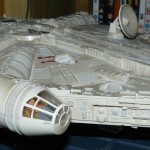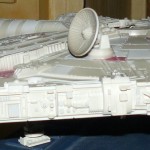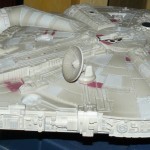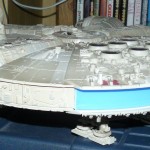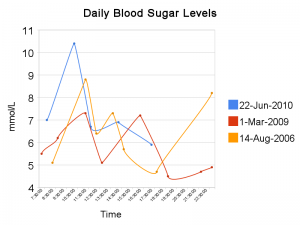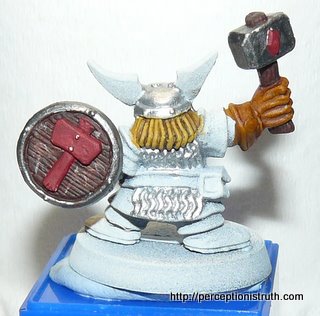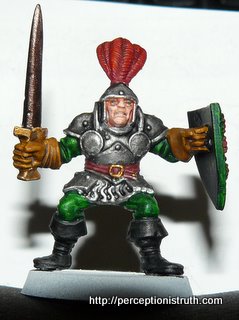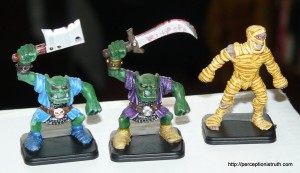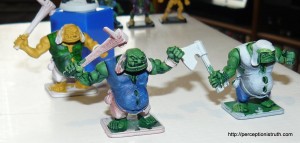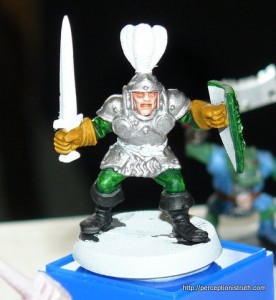Built my birthday present.
Fewer pieces than it looks, only took an hour or so to put it together but it still looks pretty cool. If I felt like it, I’d do a bit of glueing, filling and some touch-up painting, but we’ll see.
It makes me want to build more model kits but you can’t get Star Wars ones that are true kits, just the snap together quick ones (as above), plus, I have nowhere to put them anyway.
It’s also rekindled an urge in me to scratch build scenes / dioramas / buildings. I’ve never tried, but always thought I’d be good at it 😉

